On Halloween, thoughts about passing from darkness into light
This article originally appeared on October 31, 2022 at Baptist News Global.
Oct. 31 marks a holiday where many religious homes clash over how to view the relationship between material and spiritual reality.
As a young child in a church affiliated with the General Association of Regular Baptists, I experienced Oct. 31 through the innocent presence of dressing up as a pirate with my family and getting candy from my neighbors. But when we moved to a more fundamentalist, independent Baptist church, we were told the origins of Halloween were Satanic attempts by non-religious people to turn us into devil-worshipers. Instead of trick-or-treating, we were allowed to attend church-hosted fall festivals and hell houses held one week prior as opportunities to preach the gospel to our spiritually dead neighbors.
When I grew up and evolved into the conservative evangelical Reformed “baptistic” world, I was allowed to eat candy again on Oct. 31 because ultimate reality was seen as celebrating the doctrines of the Reformation. It was on Oct. 31 that Martin Luther nailed his 95 theses to the church door in Wittenberg, Germany, and the gospel was recovered, which to us was cause for eating candy.
“The gospel was recovered, which to us was cause for eating candy.”
But then when I deconstructed my conservatism and entered into more liturgical spaces, I learned that Oct. 31 is All Hallow’s Eve, the evening before All Saints’ Day. This was an opportunity to remember those who had been martyred for their faith over the centuries, as well as an opportunity to scorn and ridicule death as it fades into the dawn of resurrection.
Christianity’s new Great Awakening
The passing from death to life or from darkness to light often is referred to in terms of waking up to what always has been true.
Every religious space I’ve been part of has spoken with great fondness of the Great Awakenings of the past. Every year, our independent Baptist churches would have at least one week of revival meetings held nightly at the church. And when I moved onto the world of conservative evangelicalism, we focused on the Reformation and rebranded our revival meetings as conferences.
But despite the rebranding of the events, the core theology remained the same. Everyone on the planet was separated from God, in danger of eternal conscious torment and could be made acceptable only by trusting in penal substitutionary atonement.
“We fantasized about the day when all our neighbors would suddenly flock to our church buildings and then begin to believe and vote like us.”
We fantasized about the day when all our neighbors would suddenly flock to our church buildings and then begin to believe and vote like us. The relationship between the material and the spiritual would be defined by society as we defined it.
Little did we know that the next great awakening would be happening not outside the church doors, but within the church as people who had long been committed to the system of separation became aware of how we were disconnecting material and spiritual reality and were becoming disconnected from ourselves.
A theology that begins with evolution
Despite the fact that we now believe the universe is a unified whole made up of relationships that cannot be separated, we live spiritually, mentally and emotionally in exile from ourselves and from one another. In Re-Enchanting the Earth, Ilia Delio says, “The roots of this breakdown can be traced to a complex of factors including industrialization, technology, consumerism, capitalism, radical individualism and religious otherworldliness.”

Ilia Delio
The Princeton medieval historian Lynn White believed Christianity bears much blame for earth’s ecological crisis due to its uncertainty regarding nature, its fixation with anthropocentrism and its escapist, “otherworldly” theologies. In other words, we have disconnected the spiritual from the material.
Delio agrees with White, adding that “the problem is compounded by ancient metaphysical principles, patriarchy and biblical literalism, all of which appear insuperable in institutional religion.”
She says the “artificial separation between humans and cosmos brought about by the alienation of religion from modern science lies at the heart of our moral confusion. … . Institutional religion will have to let go of everything that prevents engagement in the dynamic flow of evolution.”
“The church still relies on Medieval theology to explain the mysteries of Christian faith.”
In The Hours of the Universe, Delio says evolution “is neither a theory nor a particular fact, but a ‘dimension’ to which all thinking in whatever area must conform.” But unfortunately, when it comes to Christian theology, she says: “Although science has undergone three major paradigm shifts since the Middle Ages, the church still relies on Medieval theology to explain the mysteries of Christian faith.”
Because evolution is the story of the cosmos from which all theology emerges, she believes “a theology that does not begin with evolution and the story of the universe is a useless fabrication.”
What Christianity needs and is undergoing through conversations around deconstruction is a new awakening, revival, reformation or perhaps, more accurately, an evolution of faith regarding the relationship of the material with the spiritual.
Conferences on material and spiritual reality
Earlier this year, I covered two conferences that held different views of material and spiritual reality. While the Exiles In Babylon Conference spoke about spiritual reality, it ultimately denied the material reality, specifically with sexuality, that we exist in. And while the Conference on Religious Trauma helped those who have been traumatized by religion embrace the material reality we share, it was more geared for people who have left religion rather than for those who are attempting to remain in it.
Both conferences provided important conversations. But could there also be a conference for those who want to embrace our modern understanding of material reality while remaining in a Christian conversation about spiritual reality and integrating the two as one flow?
The Evolving Faith Conference
The Evolving Faith Conference was founded in 2018 by Rachel Held Evans and Sarah Bessey as an opportunity for progressive Christians who have found themselves in a spiritual wilderness to “embody resurrection for the sake of the world.” According to their website, they “envision a community where the thirsty become water-bearers, the hungry become bread-makers, the wounded are our healers, the misfits become friends, and the wanderers find a home.”
This year, Evolving Faith featured Barbara Brown Taylor, Brian McLaren, Chanequa Walker-Barnes, Rabbi Danya Ruttenberg, Hillary McBride, Kate Bowler and many others.

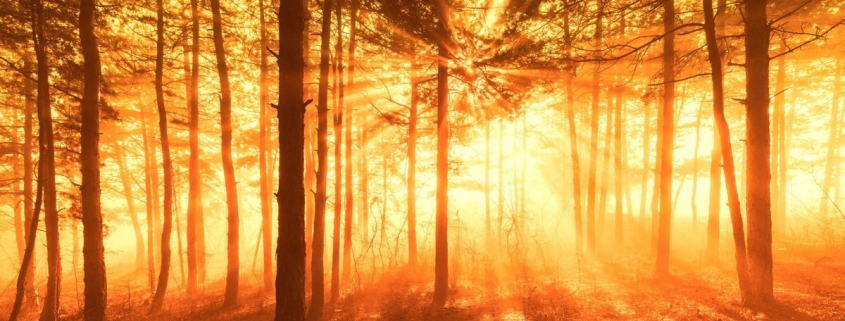
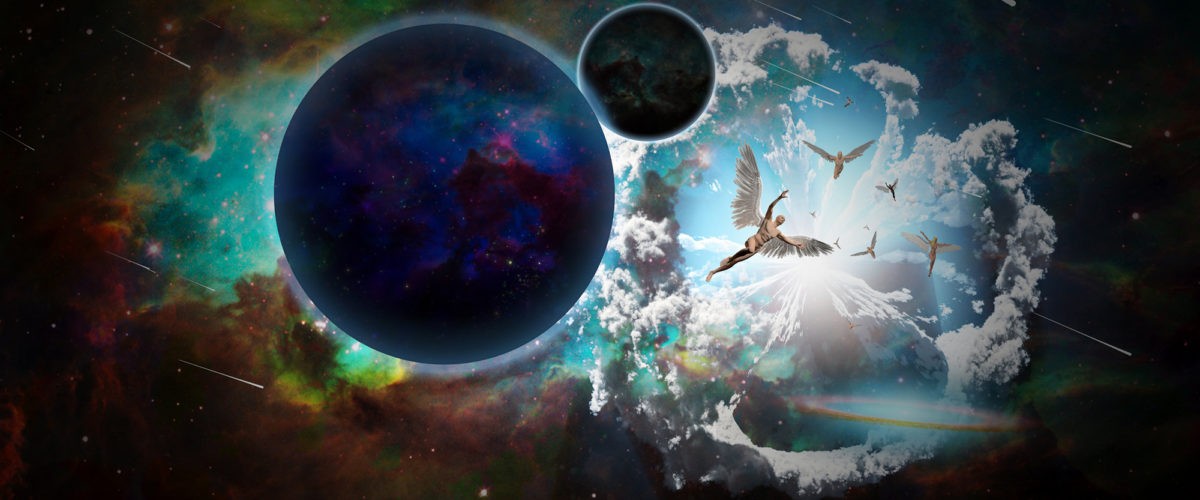


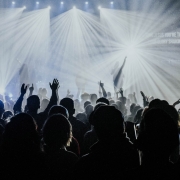

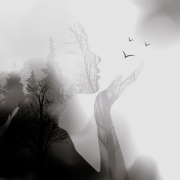
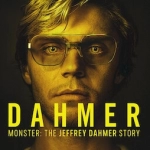

Leave a Reply
Want to join the discussion?Feel free to contribute!